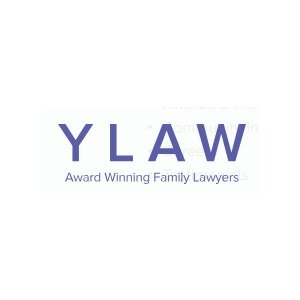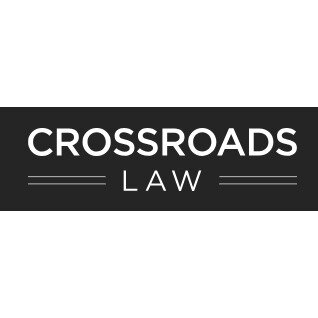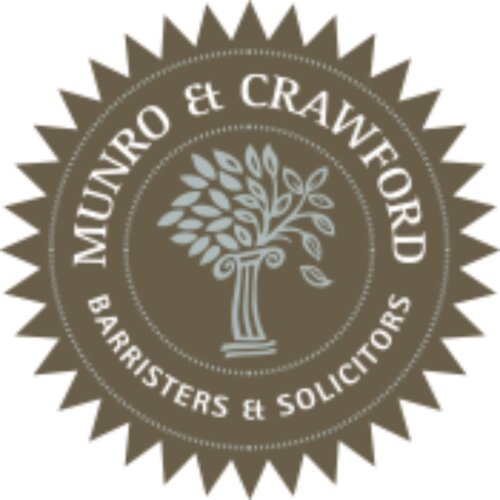Best Marriage Lawyers in Vancouver
Share your needs with us, get contacted by law firms.
Free. Takes 2 min.
Free Guide to Hiring a Family Lawyer
List of the best lawyers in Vancouver, Canada
About Marriage Law in Vancouver, Canada
In Vancouver, Canada, federal laws govern marriage and divorce, while the province of British Columbia regulates the process of getting married. Individuals must be at least 19 years old, free to marry (i.e., not currently married to someone else), and not closely related by blood or adoption to get married. Both parties must be present at the wedding ceremony, which can be performed by religious officials or marriage commissioners licensed by the province. Same-sex marriage is legal in Vancouver and throughout Canada.
Why You May Need a Lawyer
While many couples hope for problem-free marriages, legal complexities can arise. You may require a lawyer if you want a prenuptial agreement or a cohabitation agreement to protect your assets and support claims in case of a breakup. Legal advice may also be beneficial during a separation, when you need to navigate child custody, spousal support, property division, and divorce procedures. If you are marrying someone from abroad and immigration issues emerge, a lawyer's advice can be invaluable as well.
Local Laws Overview
British Columbia's Family Law Act governs issues like spousal support and property division during separation. This law treats married couples and cohabiting couples equally. So, if you have lived with your partner for at least two years, you are entitled to similar rights as a married couple. The law considers family property, acquired during marriage and used for family benefits, to be shared equally among partners after separation. Any property owned before marriage remains individual unless used for family purposes. Child custody is decided based on the child’s best interests.
Frequently Asked Questions
1. Can I get married in Vancouver if I'm not a Canadian citizen?
Yes. You don’t have to be a Canadian citizen or a resident of Canada to get married in Vancouver or anywhere else in British Columbia.
2. What do I need to get a marriage license in Vancouver?
You need valid government-issued identification; both parties must be present to get the license, which is valid for three months.
3. How do I change my last name after marriage?
You can use your marriage certificate to change your name on identification cards and other personal documents. Notary publics or lawyers can help with legal name changes.
4. How is property divided in case of a divorce?
Family property acquired during the marriage and used for the family's benefit is usually shared equally between partners upon divorce. The law can make exclusions based on unjust hardship.
5. How long do I have to be separated before I can file for a divorce?
Before filing for divorce in Vancouver, couples must be separated for at least one full year.
Additional Resources
The British Columbia Ministry of Attorney General's Family Law in British Columbia website offers comprehensive information on family law matters. Family Justice Centers throughout Vancouver are available for free advice. Organizations like the Legal Services Society provide legal aid. Non-profit groups like Atira and Rise Women's Legal Centre can help women navigating family law issues on a free or sliding-scale basis.
Next Steps
If you require legal assistance, a crucial first step is finding a lawyer. Look for a legal professional specializing in family law, and ensure they are a member of the Law Society of British Columbia. Check their reputations and ask detailed questions regarding their expertise and charges. Legal aid may be a viable option if you cannot afford a lawyer. It's advisable to consult with a lawyer before making significant decisions that may impact you and your family's life.
Lawzana helps you find the best lawyers and law firms in Vancouver through a curated and pre-screened list of qualified legal professionals. Our platform offers rankings and detailed profiles of attorneys and law firms, allowing you to compare based on practice areas, including Marriage, experience, and client feedback.
Each profile includes a description of the firm's areas of practice, client reviews, team members and partners, year of establishment, spoken languages, office locations, contact information, social media presence, and any published articles or resources. Most firms on our platform speak English and are experienced in both local and international legal matters.
Get a quote from top-rated law firms in Vancouver, Canada — quickly, securely, and without unnecessary hassle.
Disclaimer:
The information provided on this page is for general informational purposes only and does not constitute legal advice. While we strive to ensure the accuracy and relevance of the content, legal information may change over time, and interpretations of the law can vary. You should always consult with a qualified legal professional for advice specific to your situation.
We disclaim all liability for actions taken or not taken based on the content of this page. If you believe any information is incorrect or outdated, please contact us, and we will review and update it where appropriate.














